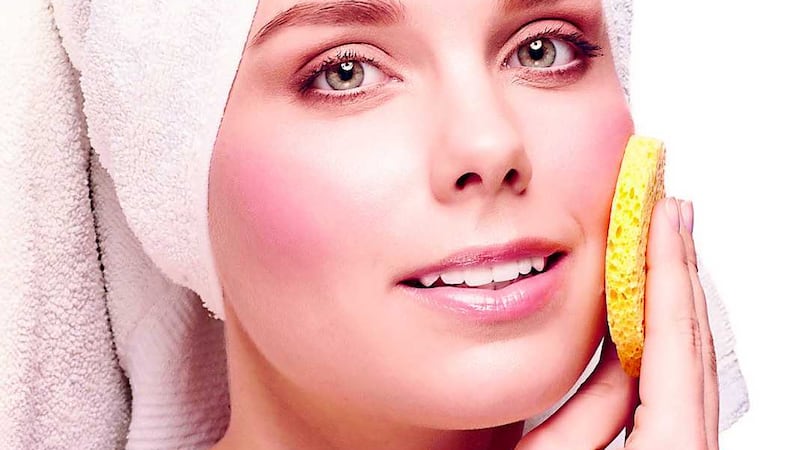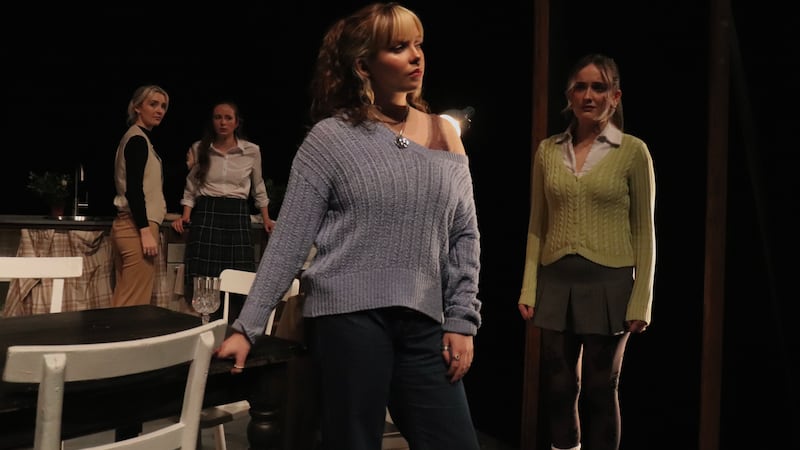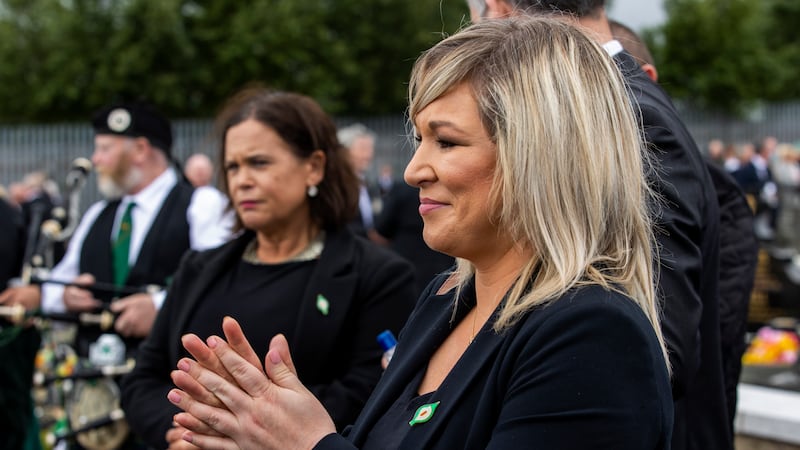Doctor and scientist Nyjon Eccles believes that focussing on lifestyle changes and nutrition can be more effective in treating cancer than the widely used interventions most patients are familiar with, writes Roisin Armstrong
CANCER is probably the most feared diagnosis of our time. There is often a sense of powerlessness attached to it, yet we can all take steps to do our best to stay healthy. This Friday an expert in the field is giving a lecture in Belfast. As well as having a background in both science (he has a PhD) and medicine (he's a member of the Royal College of Physicians), Nyjon Eccles has many years of experience in natural and nutritional medicine. As medical director of The Natural Doctor he pioneers innovations in breast health and risk reduction of breast cancer. "Taking together my background as a scientist and physician, and adding to that some common sense, I cannot accept the concept that we can fix our ailing cells with a single foreign chemical," he says. "This notion becomes even more a leap of faith when we consider the highly complex but extremely ordered and controlled chemical processes that we know occur in our cells. How can a single invading foreign chemical be anything more than a 'spanner' in a highly organised network? A temporary relief perhaps; but not a solution. "In my experience, restoring chemicals naturally produced by the body and/or adding natural chemicals that the body seems pre-programmed to see (nutrients and hormones), especially if these are deficient, achieves better, more corrective and long lasting benefits without the 'spanner in the works'."
Dr Eccles has co-developed a new medical infrared thermal imaging system for very early non-invasive detection of breast cancer called MammoHealth. "Earlier detection in younger women by thermography gives us an unprecedented opportunity to stem the tide of increasing breast cancer occurrence," he says. "Thermal abnormalities indicative of increased risk can then be reversed by the correct attention to lifestyle, nutrition and detoxification. In my practice, I have seen many abnormal breast thermal images become normal within six months by correct attention to lifestyle and making some key nutritional modifications. "Women making the decision to have radical mastectomy because they carry the BRCA gene mutations presupposes that having a genetic mutation makes us a victim of our genes and completely ignores the following scientifically proven facts: 1) Genes cannot turn themselves on and off 2) Genes are turned on and off and therefore their expression altered by signals from the environment 3) Certain key nutrients can change gene expression (or turn them on or off), 4) Science has already identified many of these key nutrients that alter genetic risk." "The good news," says Dr Eccles, is that "many of these important gene-regulating nutrients are found in a healthy diet and particularly in plant foods, fruit and vegetable nutrients. Omega 3s and Vitamin D also play a crucial role. We are not sitting ducks to our genetic risks. "If the right nutrients go in then we can keep our cells behaving in a healthy and regulated disease-free way. Recent science has uncovered some of the mechanisms by which these natural nutrients have their beneficial effect on our cells. It makes for jaw-dropping reading."
The ever-increasing tide of cancer, heart disease and autoimmune disease clearly shows that modern medicine is not winning the battle. The rate of incidence of solid cancers has essentially doubled in men and women over the past 40 years; breast cancer has increased by 80 per cent and prostate cancer by 100 per cent. It is high time that medicine changed its philosophy to embrace that of the father of medicine, Hippocrates, who said: "Let food be thy medicine and medicine be thy food".
He also said: "He who does not know food, how can he know the diseases?"
In an attempt to help people to alter their disease risks, Dr Eccles lectures regularly on topics such as 'Natural Cancer support', 'Food as Medicine', 'Breast Health and Nutrition', 'Prostate Health and Nutrition'.
Dr Eccles will be giving a free talk on nutrition and the role it plays in health and disease prevention and treatment at the Ramada Hotel, Shaw's Bridge on Friday at 7.30pm. To reserve a seat contact Anne McAllister, 0781 5132 429.


